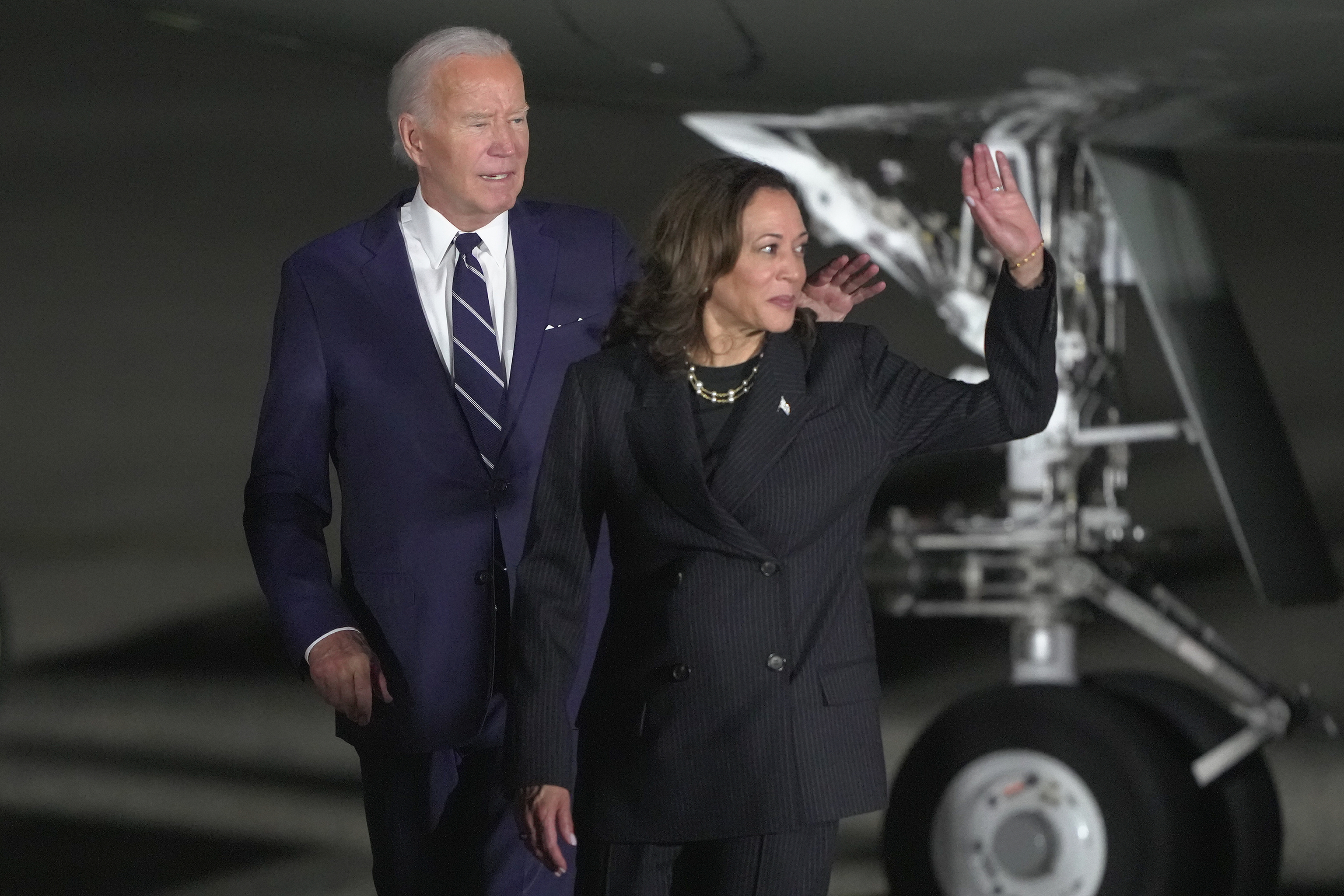The U.S. Secretary of State, Antony Blinken, always carries a piece of paper in his jacket pocket with the names of about 70 Americans who have been detained during his time in office, or were already in custody when he took office, for reasons that Washington considers illegal. In red, are the released ones. In black, those still imprisoned.
Since Thursday, three names on Blinken's list are in red: they are the journalists from the Wall Street Journal Evan Gershkovich, from the Voice of America Alsu Kurmasheva, and former soldier Paul Whelan. The three achieved their freedom in what is the largest prisoner exchange between Russia and Western democracies since the end of the Cold War. In addition to the three Americans, five Germans - or individuals with dual German and Russian nationality - and one Briton were released. Several of the Germans and the Briton had dual nationality and were convicted for participating in democratic movements in Russia and opposing the invasion of Ukraine, which is a crime in that country. Furthermore, nine more dissidents were released.
In turn, the United States, Slovenia, Germany, Norway, and Poland handed over seven spies to Moscow - including Spanish and Russian citizen Pablo González Yagüe, or in his home country, Pavel Alekseyevich Rubtsov, and professional assassin Vadim Krasikov, convicted in Germany for shooting Chechen separatist leader Zelimkhan Sultanovich Khangoshvili in 2021 in Berlin.
The entire release process resembled the First Cold War - the one that pitted the U.S. against the USSR - rather than the Second, which is now rekindling the rivalry between the U.S., China, and Russia. In the exchange negotiations, there were no algorithms, software, malware, or any of those sophisticated tricks that have ruined the lives of John LeCarré fans and other espionage classics enthusiasts.
Everything was done through meetings between Western and Russian intelligence officials and phone calls from Washington to Moscow, all held in the necessary locations for a suspense novel: the Middle East, Geneva, Slovenia, Berlin, Istanbul... The murder of a political prisoner in a Siberian concentration camp delayed the plan. An investigative journalist was the one who saved him. There was also a celebrity, albeit a minor one, who played a significant role in the exchange: former journalist James Rubin, who now handles public diplomacy at the State Department and owes much of his fame to being the ex-husband of CNN 'star' Christiane Amanpour.
According to reports from U.S. and British media, it seems that everything started in Geneva, at the summit that Joe Biden and Vladimir Putin held on June 21, 2021, of which little has been revealed. According to the New York Times, one of the few agreements from the meeting was a more direct relationship between the intelligence services of the two countries to negotiate prisoner exchanges. Biden's goal was to get Whelan out of Russia, where he had been detained since 2018, during Trump's presidency.
However, the U.S. didn't have much to offer for Whelan, a person with no public profile, unlike basketball player Britney Griner, arrested in May 2022 in Russia for attempting to bring marijuana into the country. Griner was exchanged seven months later for one of the most notorious criminals, arms dealer Viktor Bout, known as 'The Merchant of Death,' who fueled civil wars in Africa and Afghanistan for fifteen years and was even portrayed in a movie by Nicholas Cage.
Whelan, who was nobody, was not going to be exchanged for someone like Bout. So, he remained in prison.
Then, just as Griner and Bout were released, Slovenian intelligence services arrested two Russian spies who would deserve a movie like Bout. They were named Ludwig Gisch and Maria Mayer, and they had passed themselves off as Argentinians in such an incredibly perfect way that their two children - who have also been exchanged - did not know they were actually Russians. Gisch and Mayer were the epitome of the intelligence services' dream of having a national so perfectly integrated into a foreign country that they are impossible to detect. The CIA believed that Moscow's interest in recovering the couple would be significant enough to agree to release Whelan. And in January 2023, during a meeting in a neutral country, they proposed it to their Russian counterparts.
To the surprise of the Americans, the Russians refused, considering the 'offer' too low. The U.S. then changed tactics. Instead of focusing on a single detainee - Whelan - they would try to achieve a mass exchange. But two months later, Russia escalated by arresting reporter Evan Gershkovich from the second most-read newspaper in the U.S., the Wall Street Journal, owned by Trumpist entrepreneur Rupert Murdoch. By then, it was clear that Putin's target was Krasikov, an ultranationalist who likely acted under direct Kremlin orders to assassinate Khangoshvili in 2021. Journalist Christo Grozev, from the investigative website Bellingcat, highly critical of the Kremlin, confirmed that the Russian gunman was willing to cooperate with the West in exchange for being allowed to return to his country.
Thus, the plan was forged, even including the main Russian opposition figure, Alexei Navalny, imprisoned in a Siberian forced labor camp. But in February, Navalny died under mysterious circumstances - the unanimous opinion is that he was murdered - in prison. Once again, the plan was up in the air. Until June 25, the CIA and their Russian counterparts, in a meeting in a Middle Eastern country, reached a preliminary agreement for the exchange that took place this week. The final adjustments were made by Joe Biden himself, sick with Covid-19, when he called the Slovak authorities to agree to release Gisch, Mayer, and their two children. He did so on the morning of July 12, while ill with Covid-19. An hour and a half later, Biden announced to the world that he would not run in the November elections. The agreement for the spy exchange had to wait another ten days.
